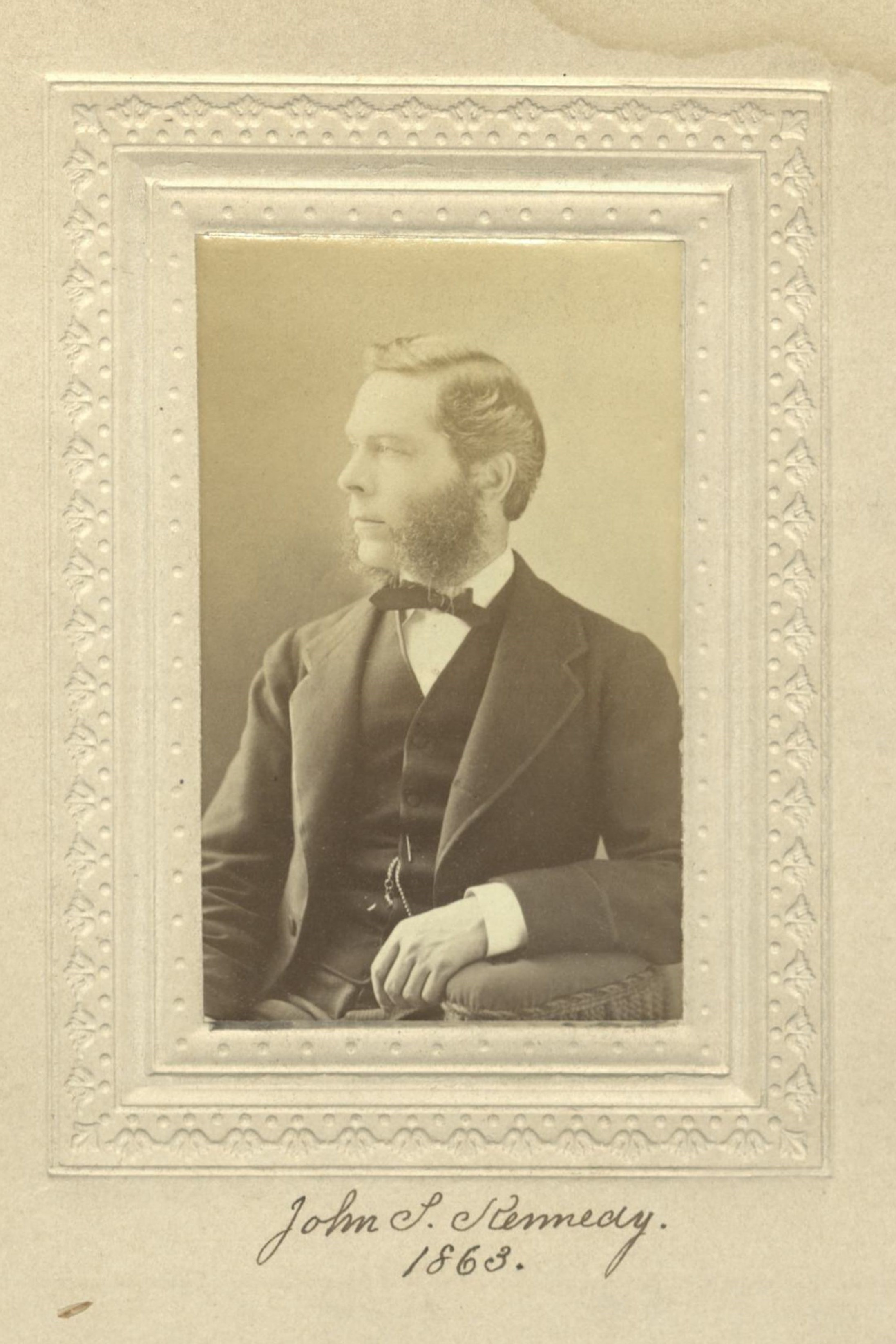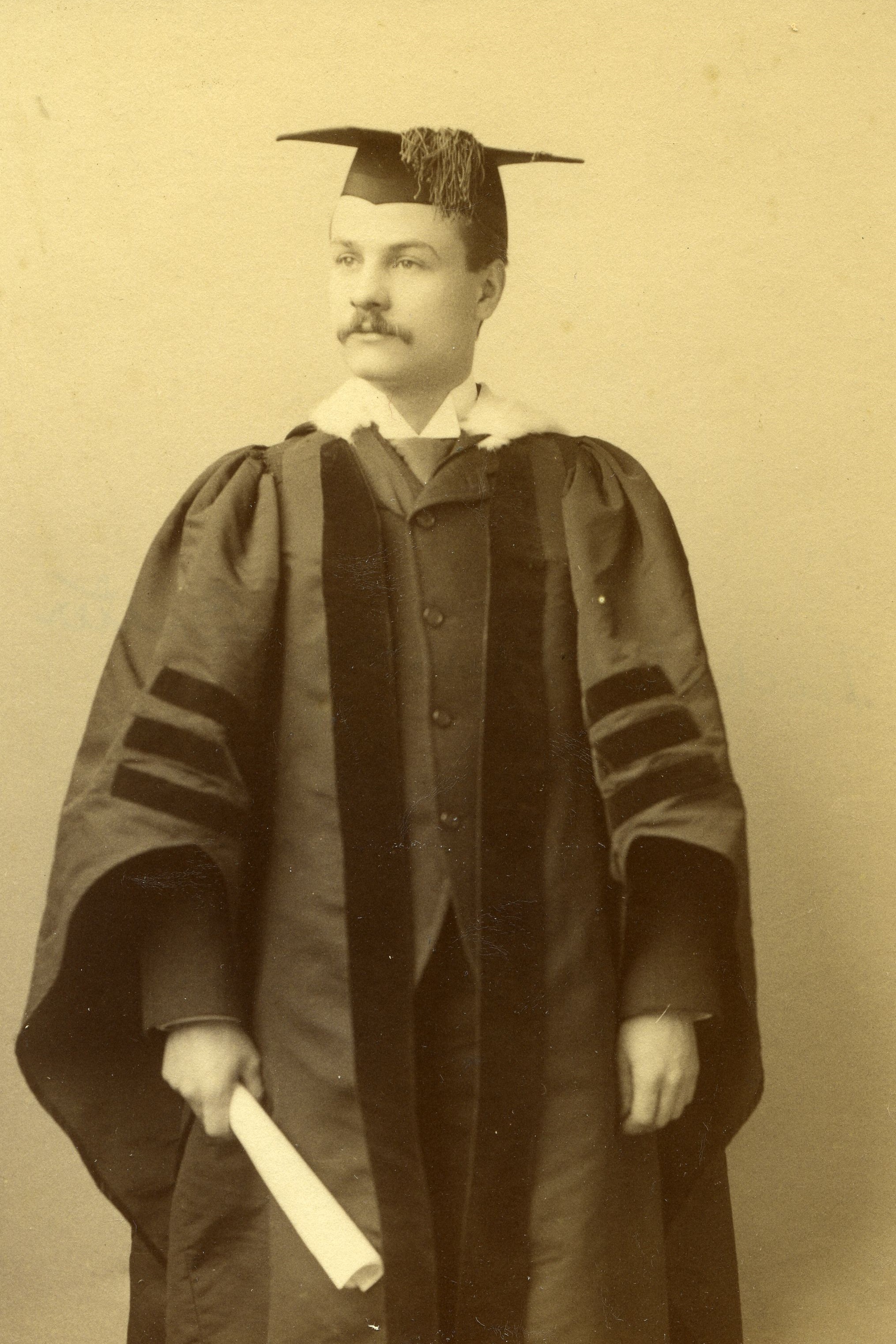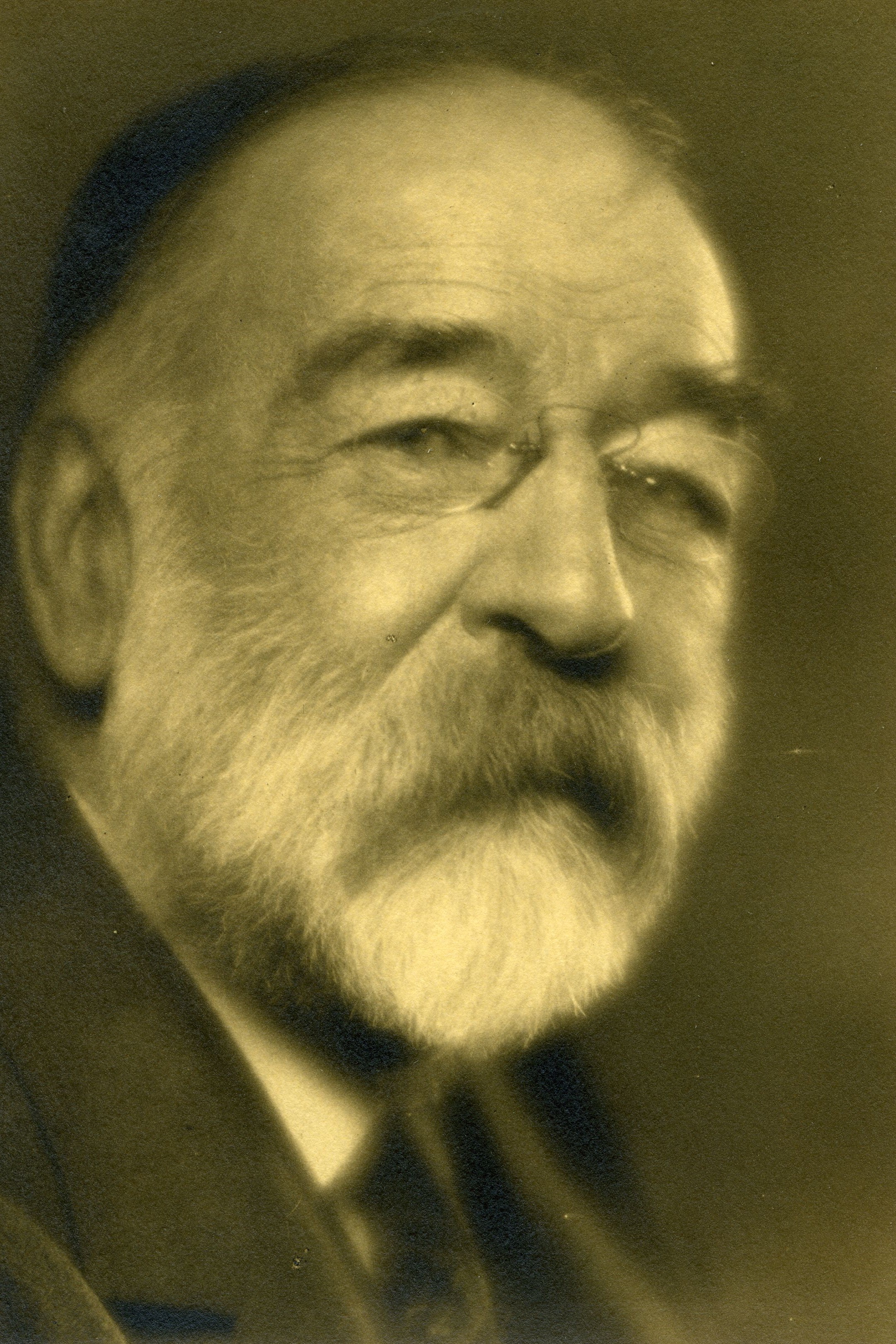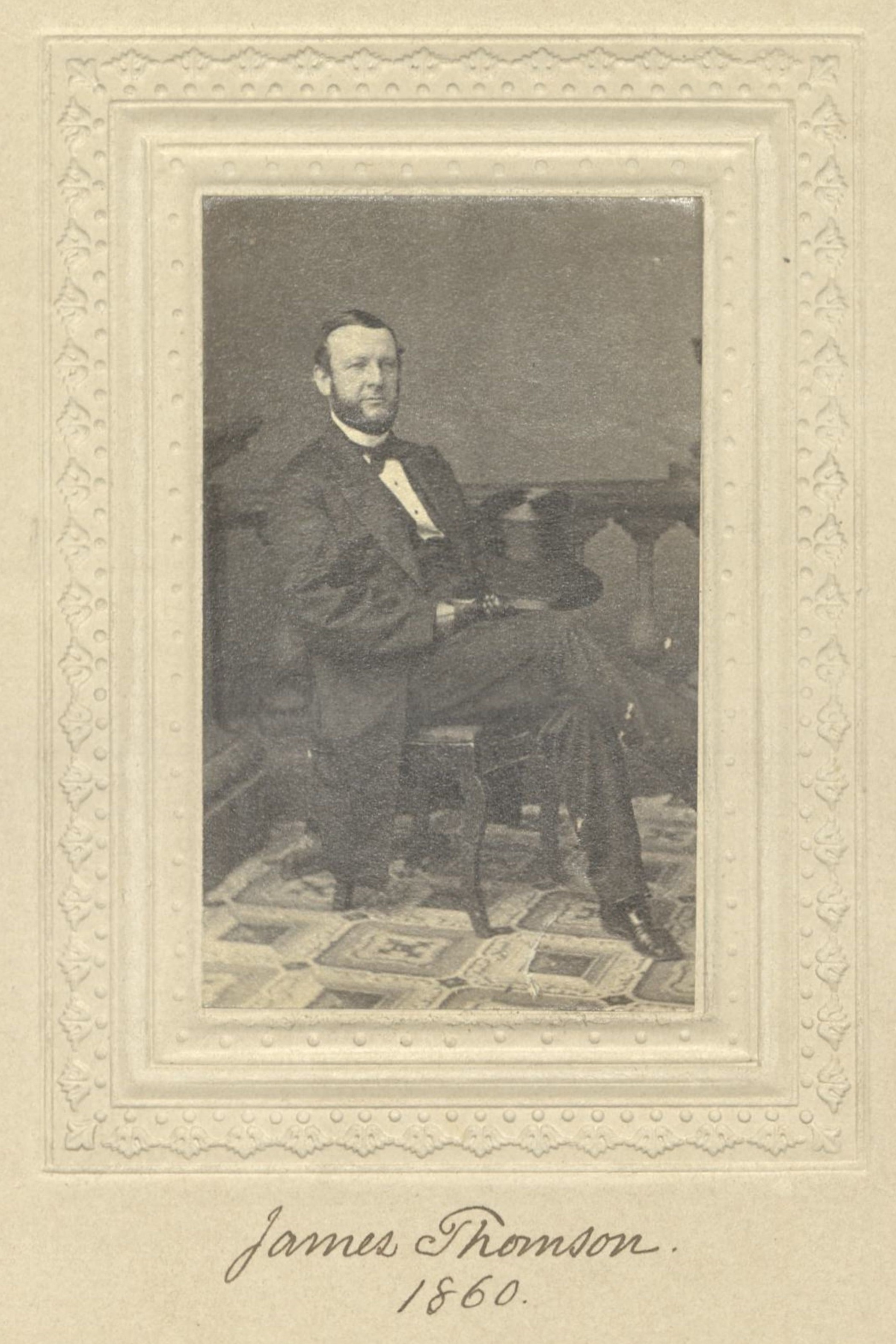Member Directory,
1847 - 1922
John S. Kennedy
Financier/Philanthropist
Centurion, 1863–1909
James Thomson
Blantyre, Scotland
New York (Manhattan), New York
Age thirty-three
Bronx, New York

Century Memorial
John Stewart Kennedy became a member of this Association forty-six years ago, at thirty-three years of age. His gifts to the public during life are averaged by those who know at a hundred thousand dollars for each of his seventy-nine years: his bequests for public purposes were many, many times that sum, half at least of all he possessed. Born in Scotland, trained in the best school of home, church, intellectual and business life, he became an American at twenty-six and started on the career which made him one of that constellation of merchant princes which during three years past have waned in our firmament: great hearts, great gentlemen, great traders, great givers. His fortune was proportionately large, almost from his earliest enterprises, and his gifts began with his prosperity. Scientific in his operations—the sort that open great kingdoms of earth for settlement and cultivation, that better their lot for millions of mankind—he was also scientific in his giving, equally careful in getting and distributing, an instance of “give and it shall be given.” It is just as easy to squander in philanthrophy [sic] as in self-indulgence: he abhorred both extremes. He was director, first and last, in a score of mighty business enterprises, he gave equally of his time to reform committees, to hospitals, museums and universities; eight social organizations enjoyed the urbanity of his presence, this one more than others, for he had no higher pleasure than the frequent evenings he spent here. He was an amateur in many directions, especially of books.
Mr. Kennedy’s character was strong and positive but his nature was gentle, civility being his marked characteristic. He was a good listener and a terse talker. His convictions were anchored, and he had little concern for novelties of faith or criticism in church, state or society, holding firmly what had stood the test of time and use. He was a devoted Presbyterian, a loyal New Yorker, and a patriotic American, proud of his Scotch origin and connections. The workings of ecclesiastical charity he minutely scrutinized from within and without, and he found them good; in the ecclesiastical sort of education he had little or no interest, preferring the broad and secular type. We have never known a man happier in his home or in his work; and it was this which made him, childless himself, so fatherly to the weak, the suffering, the oppressed. The dangers of charity, as our modern society is constituted, were patent to him; his greatest achievement in the world of philanthropy was the house and staff for the wise organization of our city charity which he made possible. Time and space forbid the enumeration of all his many claims to the gratitude of his own and succeeding generations. The climax of his life is the will, which, after many revisions, eight in all I have heard, he executed for posterity. He founded nothing new and bequeathed his name to no institution. In the main he strengthened the strong, though he discovered many weak that ought to be stronger and made them so. Broadly he selected great corporations which he trusted and gave unconditionally; those to train the mind, to heal the body, to relieve misery and to quicken faith. For art, for missions, and for the spread of civilization he provided amply. His modesty and business sense were as great at the end as at the beginning.
When he came among us it was with the breeziness of the open air which he so loved; angler and yachtsman, with a love of gardens and lawns, he was nature’s child, merry and witty. Affairs and men interested him, and in the fullness of life he exulted. But he was never exuberant, always considerate and thoughtful. His life was a triumph of ability controlled by moderation and kindness.
William Milligan Sloane
1910 Century Association Yearbook
Related Members
Member Directory Home-
 Nicholas Murray ButlerEducator/DiplomatCenturion, 1890–1947
Nicholas Murray ButlerEducator/DiplomatCenturion, 1890–1947 -
 C. Purdon ClarkeDirector, Metropolitan Museum of ArtCenturion, 1906–1911
C. Purdon ClarkeDirector, Metropolitan Museum of ArtCenturion, 1906–1911 -
 Howland DavisBankerCenturion, 1889–1930
Howland DavisBankerCenturion, 1889–1930 -
 Eugene DelanoBankerCenturion, 1902–1920
Eugene DelanoBankerCenturion, 1902–1920 -
 Henry D. NicollPhysicianCenturion, 1887–1908
Henry D. NicollPhysicianCenturion, 1887–1908 -
 John SloaneMerchantCenturion, 1886–1905
John SloaneMerchantCenturion, 1886–1905 -
 James ThomsonLawyerCenturion, 1860–1893
James ThomsonLawyerCenturion, 1860–1893 -
 Samuel ThorneMerchantCenturion, 1895–1915
Samuel ThorneMerchantCenturion, 1895–1915



